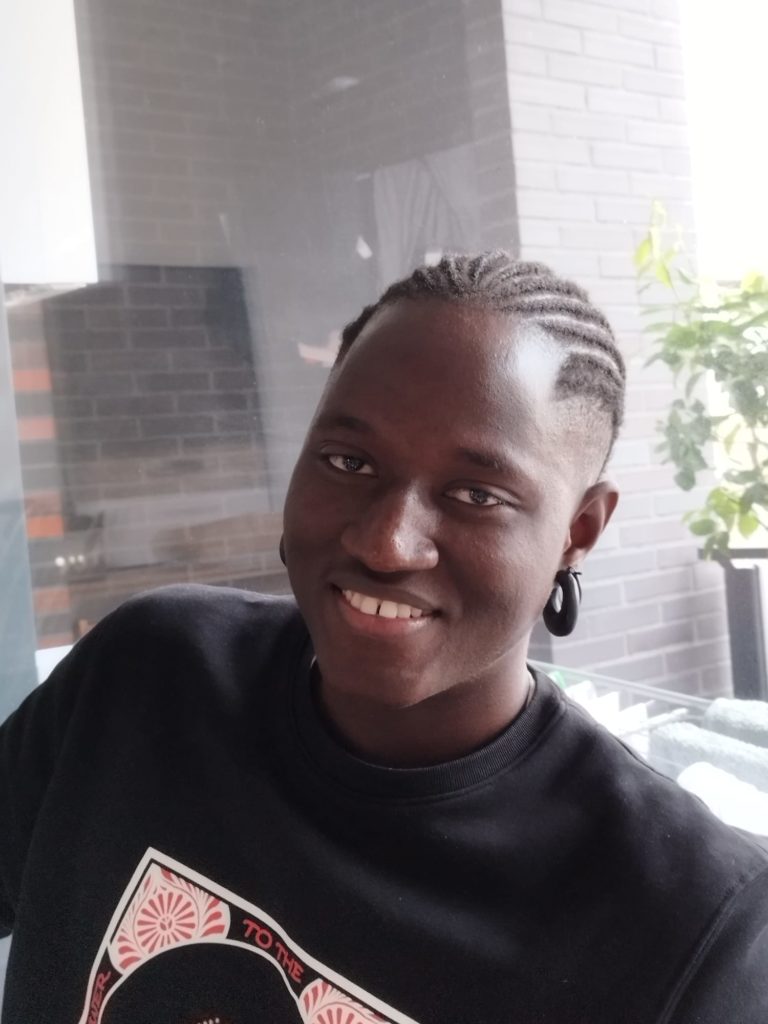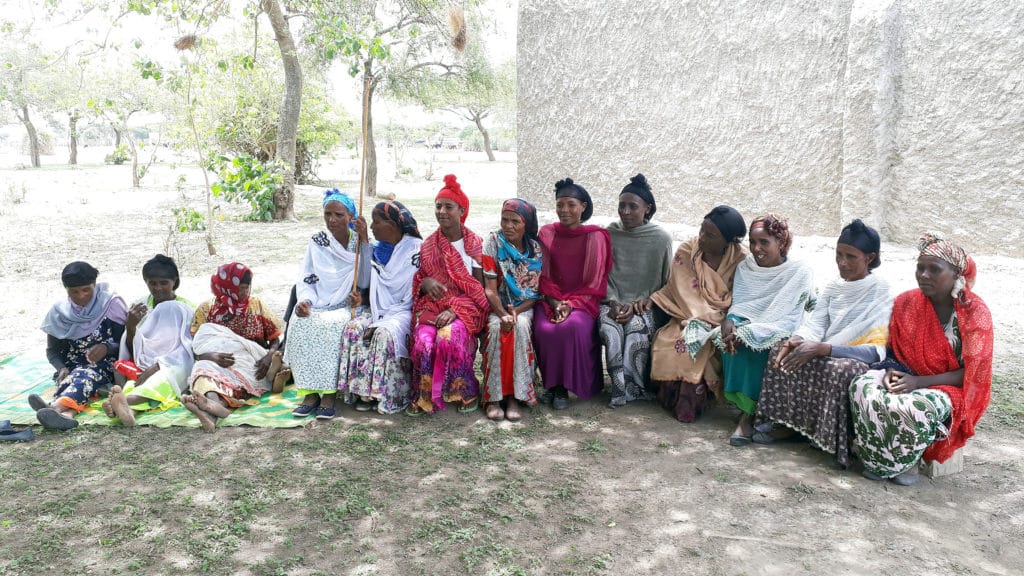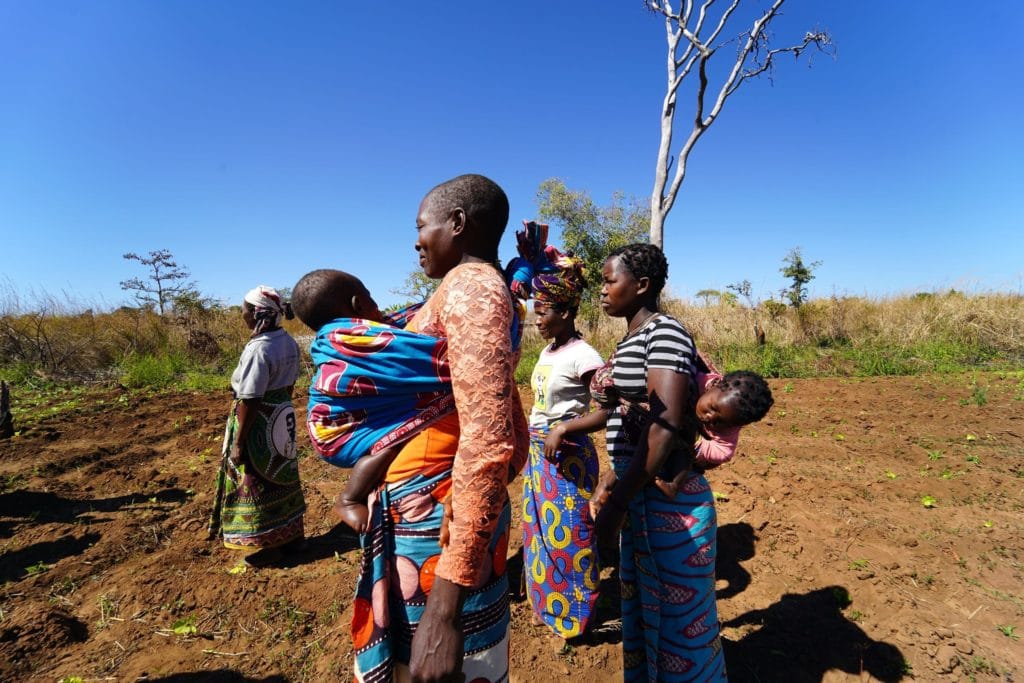A reflection by Toussaint Deguenon, a young Beninese living in Vitoria-Gasteiz.
The very fact of being a black and African person in Spain, and I imagine it is the same in the rest of the Western world, seems to be a perpetual condemnation, both individually and collectively. A perpetual condemnation to commit oneself for life to social movements fighting racism and hate speech, to political actions promoting diversity and defending coexistence and all that this may entail in terms of stereotypes and prejudices.
It seems that the black African individual in the Spanish context cannot define himself, nor relate politically and socially in any other way than through anti-racism and diversity. In the end, for almost all white people here, the black African person seems to be an eternal victim of discrimination in search of some compassion and understanding. Moreover, he or she has to be an agent of diversity because, it must be remembered: the black African, here in Spain or there in Africa, will always be the different one, the exotic one, from the European perspective. It is then up to him or her to learn to live with others, to behave, to integrate, to adapt, etc., right?
Before continuing with this reflection, I would like to insist on the fact that it is not in any way a question of delegitimising the anti-racist struggles or the work for diversity and coexistence, as they are important and must continue to be carried out in order to guarantee equal rights and opportunities for all. I myself enjoy what has been achieved thanks to the work of many years of men and women of all colours, totally dedicated to these causes. And the recent incident in Spanish football with the case of the Real Madrid player Vinicius Junior reminds us that being black, with money or not, with fame or not, in this society exposes you to all kinds of violence and discrimination at all times of your life. That is why racism must continue to be fought.
However, putting the burden of anti-racist agents on black people from social movements and public policies, unable to participate in political and social debates outside of this issue, is actually the most dangerous racism there is: institutional racism. This discourse that boasts of respect for diversity keeps some groups out of important social debates on life and economy in boxes where they never leave: anti-racism, diversity, coexistence, …
It is true that not recognising the diversity and differences of some people and others is to deny their existence, but it is also true that to single out a group exclusively and always because of its diversity and difference is to condemn it to a situation, to a state, and to put it another way, it is discrimination, even if it is passive and may seem positive in this case. And this passive discrimination is what sustains the “Vinicius, you’re a monkey” in Spanish football stadiums. A discrimination contained in the favourite slogan of activists and politicians “We are anti-racist and support diversity” applied only and in every discursive intervention to black or African people that ends up normalising and implementing ordinary racism by presenting it only as a problem of a group that can be fixed only by taking pictures with them.
That is why, on this 25th May 2023, Africa Day, we not only want to celebrate but also claim that we are more than black and African people with folkloric cultures committed for life to the anti-racist struggle. We are the neighbours of the building next door, upstairs, on the ground floor; we are co-workers; and we also have an opinion on the housing law, on the “Sólo sí, es sí” law, on the mobility law and on all laws concerning Spanish citizenship, because we live in this country too and we aspire to the same as anyone else, dignified living conditions. Being different and anti-racist does not have to exclude us from other social and political spaces. In the end, perhaps the best way to put an end to ordinary and institutional racism is to consider ourselves in political and social spaces simply as what we are: Black men and women, Africans yes; but people like you.
25 May: Africa Day
Pro Africa Group: Collective of 16 NGOs, including Mundukide, working in the Basque Country and Navarre with a special interest in Africa.


